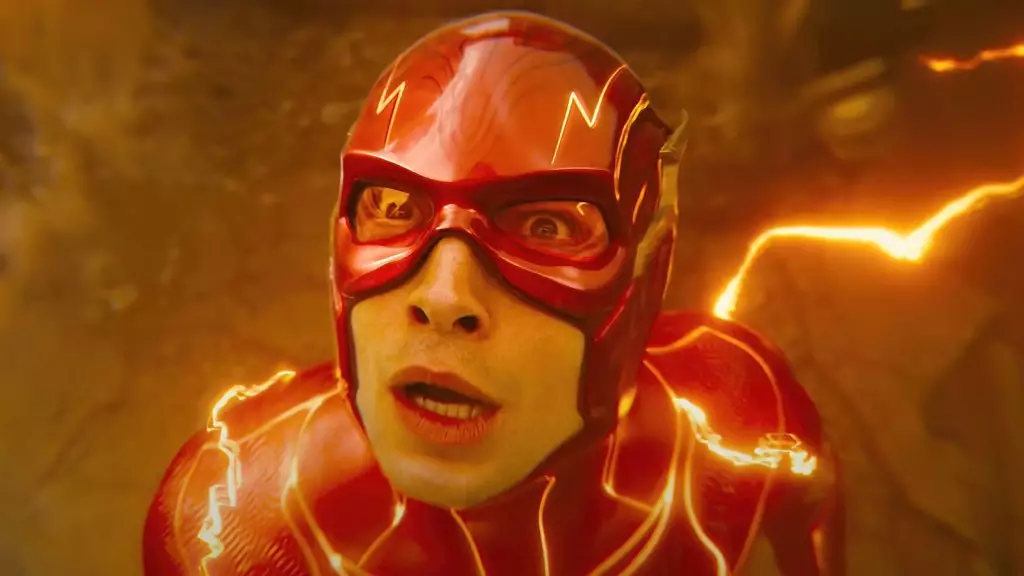The recent swerve in the fortunes of superhero films marked a stark contrast to the once indomitable presence of the genre in cinemas. Andy Muschietti, the director behind the much-anticipated release of *The Flash*, has offered his insights into the film’s disappointing box office performance. He attributes its failure to several vital factors, primarily its inability to attract a broad audience. Muschietti’s reflection serves as a reminder of the intricate balance that must be struck in blockbusters—a balance that appears to have faltered in this case.
The Quadrant Theory and Audience Appeal
One of the more intriguing aspects of Muschietti’s analysis was his reference to the “four quadrants” of viewers that typically determine a film’s success: men, women, families, and older audiences. He highlighted that *The Flash* seemed to fail in making itself appealing across all demographics. In an industry where studios desire mass appeal, this oversight could spell disaster. Muschietti indicated that the character’s lack of recognition, especially among women, siphoned off potential ticket sales. If a film is to allocate a budget exceeding $200 million, it must resonate with diverse audience segments, a hurdle that *The Flash* evidently did not overcome.
Audience analytics provide a clearer picture. Reports showed that on opening night, the demographic breakdown leaned heavily toward male viewers over 25. While men over 25 comprised 47% of the audience, only 17% of those who attended were women over the same age group. The percentages for younger viewers were even less encouraging, suggesting a significant disconnect from a sizeable potential audience. This lack of inclusivity raises questions about both the casting choices and marketing strategies employed leading up to the film’s release.
Moreover, Muschietti pointed to unforeseen complications stemming from the film’s lead actor, Ezra Miller, who faced a series of legal issues and subsequently became embroiled in a public relations crisis. Such controversies can overshadow the quality of the film and deter audiences from engaging with it, irrespective of artistic merit. Muschietti expressed a level of frustration, noting that certain elements, like Miller’s personal battles, are out of a director’s control. This scenario reflects how outside distractions can derail even the most robust creative projects.
Looking Ahead: New Beginnings
Despite the disheartening results, Muschietti remains optimistic about his future projects in the superhero genre. With the dawn of a new DC Universe under the guidance of James Gunn and Peter Safran, Muschietti is set to direct *The Brave and the Bold*, which centers on Batman and his son, Damien Wayne. This project offers an opportunity for redemption, allowing Muschietti to explore nuanced narratives that resonate with diverse audiences in a more focused franchise reboot.
In reflecting on *The Flash*, it becomes evident that the film’s struggle serves as a cautionary tale within the superhero genre. While the excitement and spectacle of comic book adaptations draw fans, success hinges upon marketing strategies, audience demographics, and external factors that cannot be ignored. As Muschietti embarks on his next project, the lessons learned from *The Flash* will undoubtedly inform his approach, emphasizing the need for films that can navigate the complex landscape of modern audience expectations.
